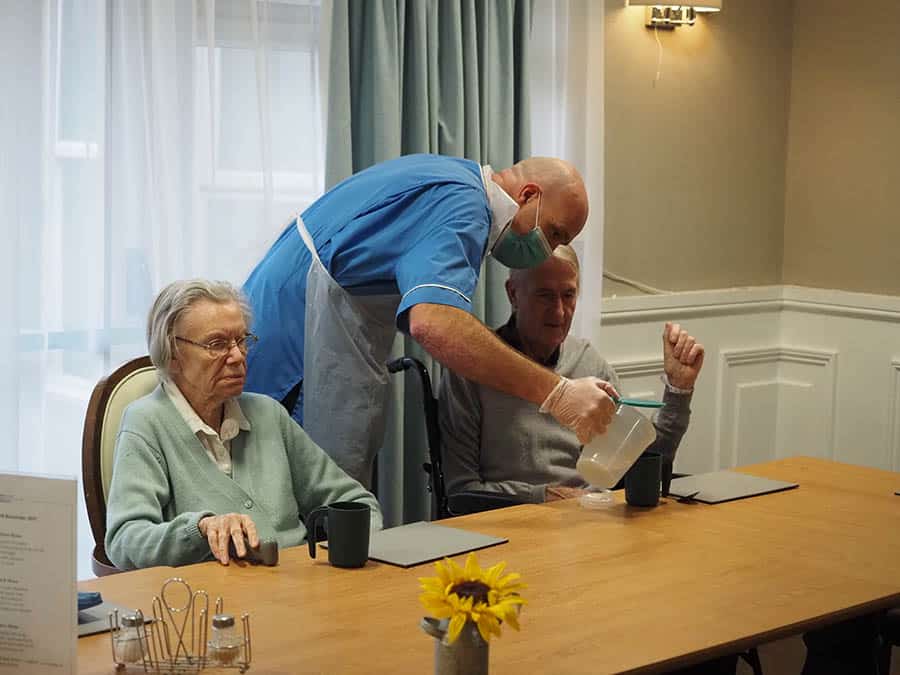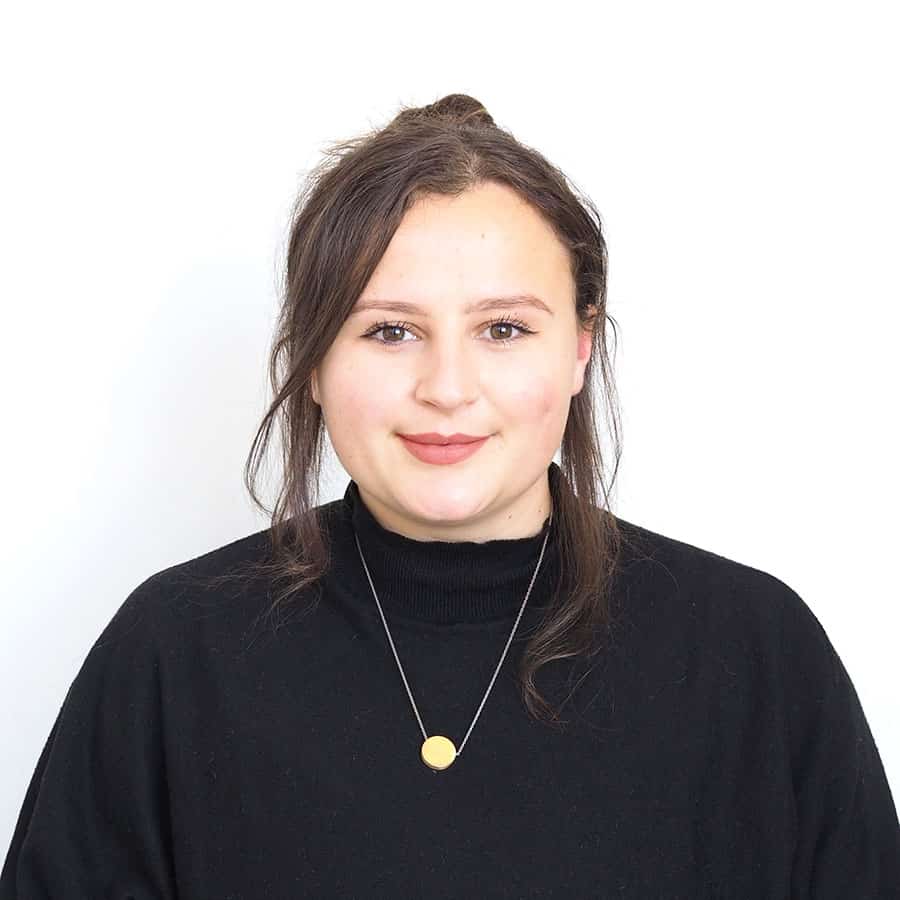EXCLUSIVE: NHS selects innovative hydration tech with a goal to reduce UTIs by at least 20 percent

NHS England is working with all seven regions countrywide to focus on improving hydration in care settings by using assistive technology to reduce urinary tract infections (UTIs) and freeing up caregivers’ time by providing a proactive monitoring solution.
For four of the seven regions, Aquarate’s innovative Hydrcup technology has been selected as part of the NHS hydration project.
Aquarate’s ambition is to see a decrease in UTI cases of at least 20 percent with a potential saving to the NHS of millions when rolled out in full.
Explaining what Aquarate Hydracup is, and how the hydration monitoring technology works, Rebecca Taylor, CEO of Aquarate, told AT Today: “Hydracare Technology provides actionable insights and allows proactive monitoring for our care staff whilst improving the wellness of our elderly one cup at a time.
“The IoT System can integrate with care management platforms to allow for a holistic view of someone’s day to day activities.
“The Hydracup allows for individuals to have tools to be able to stay independent in their own space for longer. When we know how much someone is drinking, we can ensure they are getting the right fluids they need to be able to function as the body intends.
“We’ve also had great feedback that within care homes, patients are starting to regain some independence as they are not being hurried to finish a drink in front of the care staff and can now drink at their own pace.”
The NHS hydration pilot will be implemented among elderly patients across a range of care homes, domiciliary care and acute care settings.
By introducing smart assistive technology across a broad range of care settings, the impact of Aquarate’s Hydracup can be measured comparatively, allowing the areas with the greatest potential to be scaled up subsequently.
Clinical commissioning groups (CCGs) and integrated care systems (ICSs) are looking primarily to reduce UTIs and decreased dehydrated-related hospital admissions.
However, Aquarate is making the case that monitoring fluid intake has “many more advantages” than reducing UTIs. It allows caregivers to proactively adjust care given to avoid dehydration, confusion, dizziness, trips, falls and fractures, kidney issues and can reduce the need for antibiotics.
Rebecca also explained to AT Today that the hydration monitoring technology alleviates pressure on busy carers by giving them the information they need on a person’s hydration levels quickly and easily, thus freeing up their time.
“For decades fluid balance monitoring has been a part of good care practices and yet known for its inaccuracies and lack of completion,” she continued. “Aquarate wants to put an end to this and provide an accurate data-driven solution, which seamlessly captures an individual’s fluids as they use the Hydracup.
“Carers are busy, overworked and still managing to do a great job. We provide a solution that eases some of the time pressures and worries from unknown activity away from carers and give them the information they need to make their jobs easier.”
As a key part of the NHS hydration project, Aquarate will deliver training to staff and family carers to ensure success and improve people’s health by ensuring they stay properly hydrated. The simple Hydracup tool can enable people to live independently in their own homes for longer too.
Beyond the NHS pilot, Rebecca says that local authorities can already see the impact the hydration technology system will make across their region, reducing UTIs and falls and increasing day-to day-function within the elderly.


